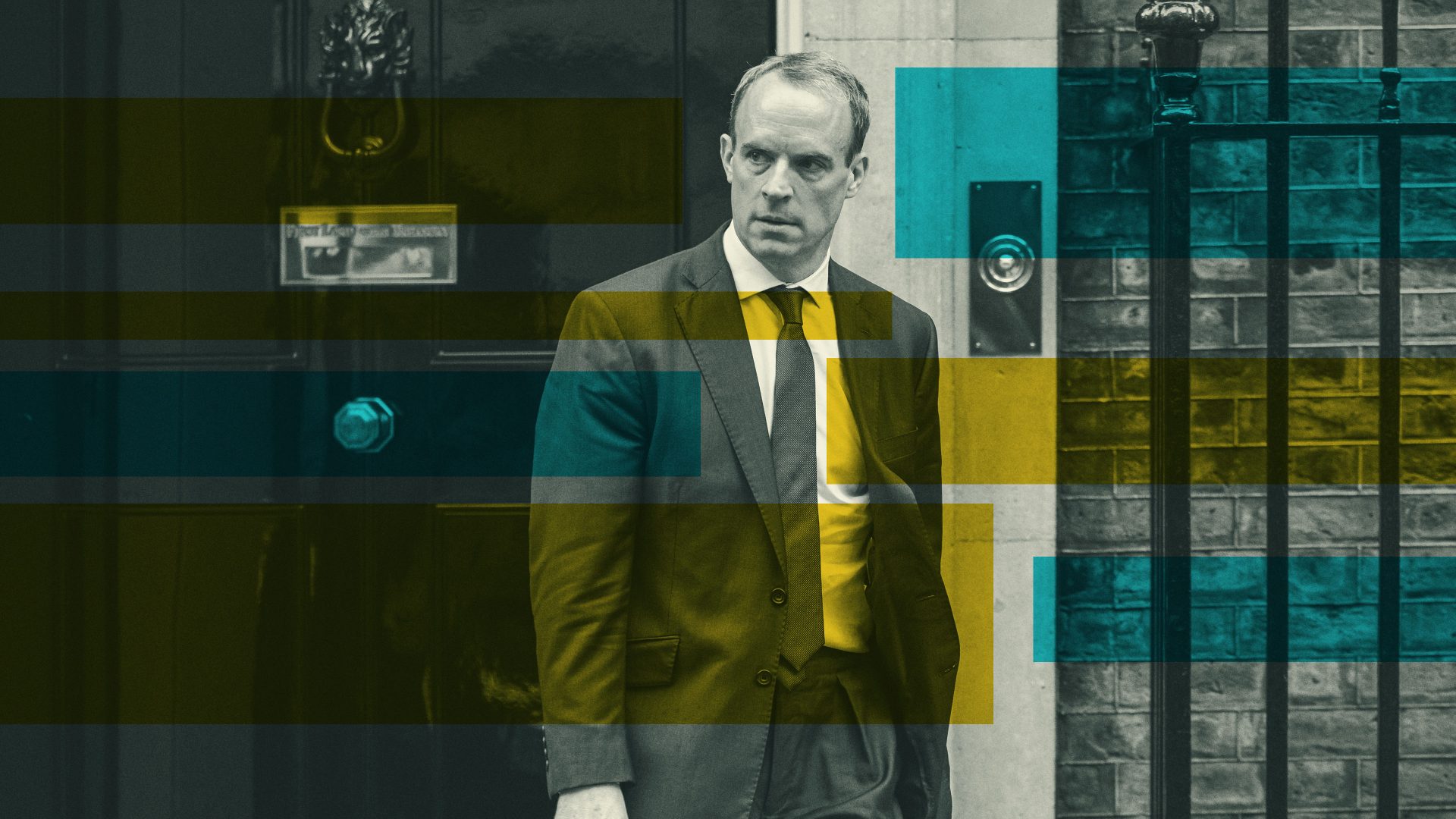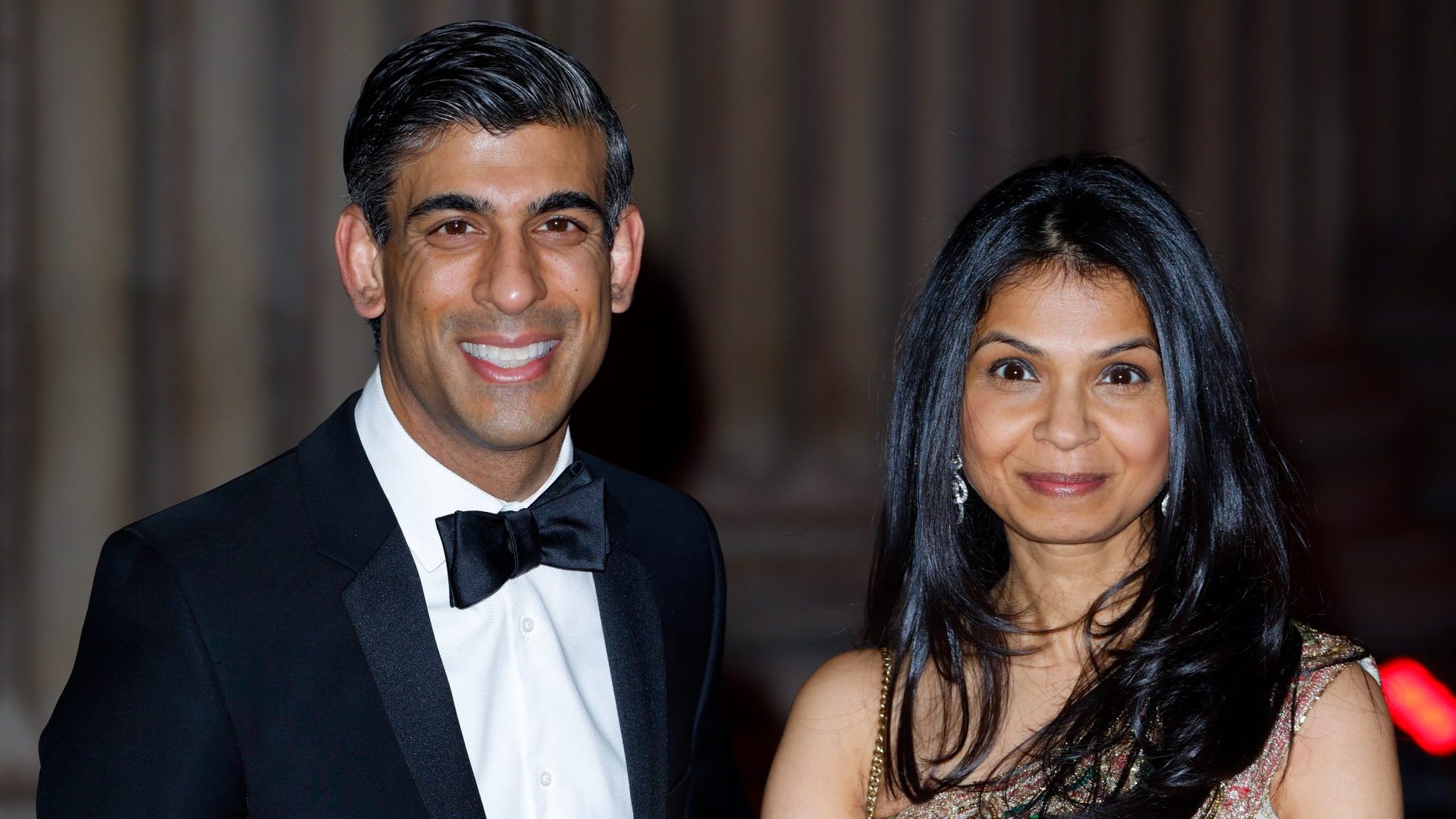My advice to Dominic Raab, the recently-ex-deputy prime minister, is to accentuate the positive and make exciting use of the time he now has on his hands. He could, for instance, open a Fight Club in his constituency of Esher and Walton to teach “resilience” to emasculated young men (assuming, of course, he holds on to the seat which is a key general election target for the Lib Dems).
Or he could co-present a podcast on virility with Andrew Tate. So much more rewarding than writing a routine political memoir on his struggle against the system, and the frustrations of working with testosterone-depleted Whitehall officials who lacked his ability to put in five hours a day on the treadmill and still run the country. He should think big.
Whatever the former DPM and justice secretary does next, it has been depressing to see how quickly and lazily many in the media echoed his conspiracist framing of his downfall.
First, he insinuated, in the least contrite resignation letter of the modern political era, that fragile officials had simply been unable to keep up with “the pace, standards and challenge that I brought to the Ministry of Justice”, and that they should really be grateful that he had not waterboarded them or, as an expert martial artist, used the five point palm exploding heart technique.
Second, Raab told the BBC that a group of “very activist civil servants” were out to sabotage (for instance) Brexit, parole reform and the overhaul of human rights law. As he put it in his letter to Rishi Sunak: “In setting the threshold for bullying so low, this inquiry has set a dangerous precedent. It will encourage spurious complaints against ministers, and have a chilling effect on those driving change”.
On Newsnight, the Conservative peer Lord Marland weighed in with the claim that Raab’s exit reflected “almost a conspiracy by the civil service”.
If anything, the opposite is true. At the Foreign Office, Raab’s permanent secretaries, Lord McDonald and Sir Philip Barton, both offered him advice on ways of reining in his behaviour. At the MoJ, he had Antonia Romeo who, in a sane world, would already be cabinet secretary, and, as the Tolley Report notes, tried on at least three occasions last year to draw “to his attention concerns about his tone and behaviour in interactions with civil servants”. But Raab did not recognise wise counsel when it was offered to him.
To be fair, he is not the first modern Conservative reflexively to target Whitehall as one of the gravest threats to 21st-century Britain. Steve Hilton, David Cameron’s senior adviser, used to dream aloud about reducing the civil service’s headcount by up to 90% and relocating what remained to Somerset House.
Dominic Cummings has been raging against the so-called “Blob” for most of his adult life. According to a new book by Anthony Seldon and Raymond Newell, Boris Johnson claimed to his long-time adviser, Eddie Lister, that “the civil service wants to destroy me” – and went on to purge its upper reaches accordingly.
It’s important to grasp that this form of hostility is very different to the traditional frustration of ministers with the real-life counterparts of Yes Minister’s Sir Humphrey Appleby. Today’s aggressively populist Conservatives regard Whitehall mandarins more as agents of Emmanuel Goldstein: the supposed leader of the counter-revolutionary plot against the Party in Nineteen Eighty-Four.
And this is no game: the remorseless attacks upon civil servants – who can only defend themselves in strictly limited ways – is deeply corrosive to good government and the checks and balances of a healthy democracy.
The relationship between ministers and officials is where the rubber of politics and boosterism meets the road of reality and deliverable policy. Which is the heart of the matter.
Populist politics takes as its premise the conviction that there are simple solutions to complex problems. When the absurdity of this premise becomes clear – as it quickly does – the next step is the attribution of blame: the vilification of those who are supposedly obstructing the popular will.
Judges are “enemies of the people”; parliament is unlawfully prorogued when it refuses to be supine: civil servants are plotting against dynamic cabinet ministers.
Naturally, Whitehall is far from perfect. But – in the very specific circumstances of 2016-23 – the civil service deserves a gold-plated “thank you” for keeping the country more or less running while the Conservative government has been preoccupied with a seven-year-long nervous collapse over Brexit, the economy and its tribal identity.
With this in mind, it is quite something to hear Raab, one of the worst foreign secretaries of modern times (a disaster during the retreat from Kabul), and notoriously a nightmare to work with, signal that the real problem with Britain today is a lily-livered caste of officials undermining the brilliance of great leaders such as himself.
Underlying it all is the weakness of the PM. Though Tolley’s report was quite clear in its conclusions, Sunak looked desperately for a loophole that would allow him to keep his loyal deputy (waspishly nicknamed “Raab butler” by one of his former cabinet colleagues).
He clings on to Suella Braverman because her backing last October played an essential part in killing off Johnson’s dream of a return to No 10, and because she continues to act as a human shield between him and the nationalist right.
In spite of his notional working majority of 64, Sunak, in practice, presides nervously over a hung parliament of factions and Tory “research groups”, all of which are waiting to see just how bad the damage is in local elections on May 4.
The Conservative edifice continues to crumble, and the country suffers accordingly. Raab’s pathetic conspiracy theories are just another manifestation of this protracted decline.
They are also a reminder that desperate men really will say anything.




